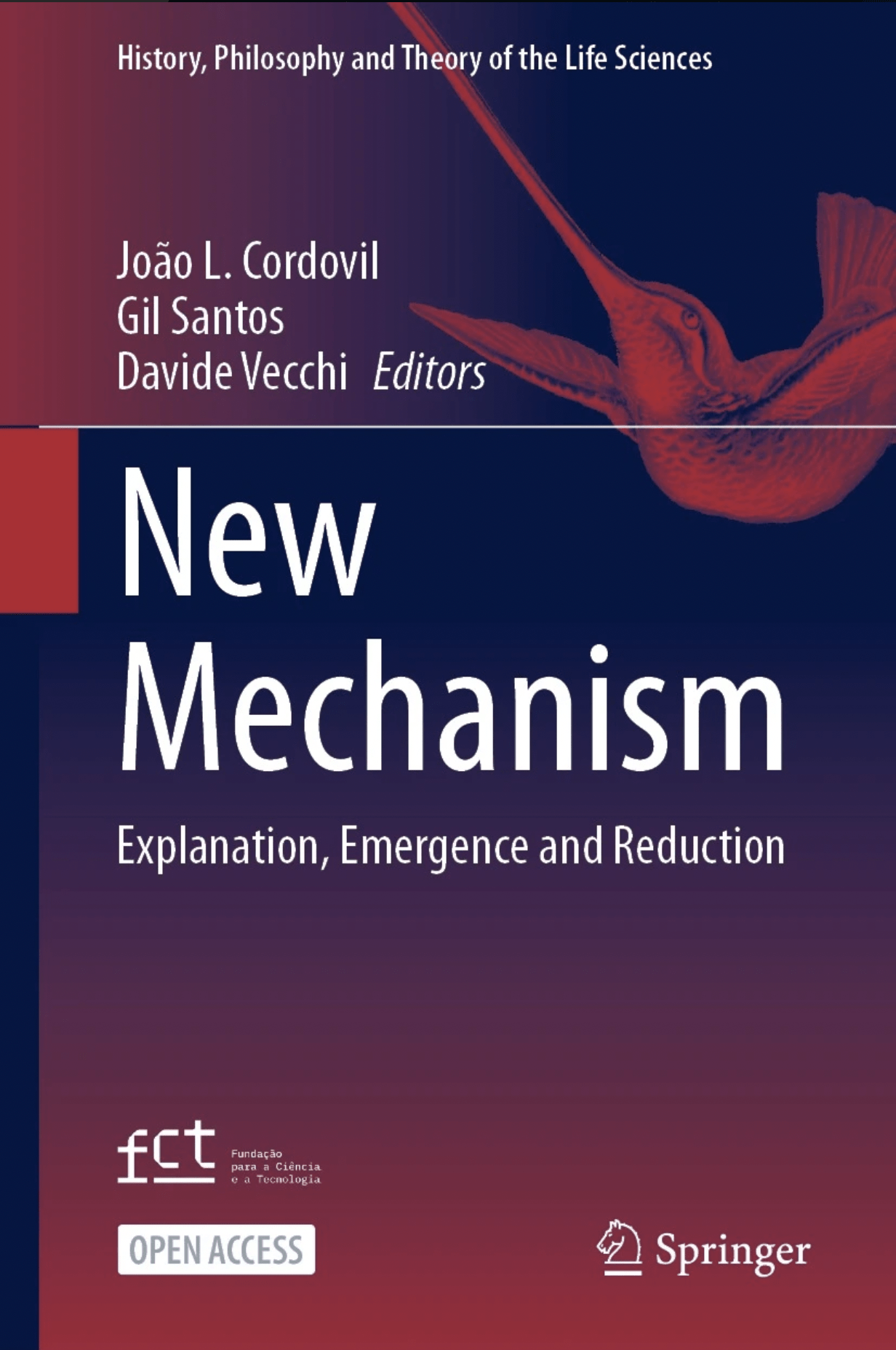
The Metabolic Theory of Ecology as a Mechanistic Approach
Em: New Mechanism. Explanation, Emergence and Reduction
Editor: Springer
Páginas: 29-60
DOI: https://doi.org/10.1007/978-3-031-46917-6_3
Resumo:
Philosophy of science has recently given a great deal of attention to the concept of mechanism. However, unlike the biological mechanisms identified in other fields of the life sciences, ecological mechanisms have not been exhaustively examined. The aim of this chapter is to critically analyze the Metabolic Theory of Ecology. This theory is supposed to provide a unification of population, community and ecosystem approaches rooted in the ecophysiology of individual organisms. In this context, metabolism plays a fundamental role as the unifying concept between levels. According to its authors, this is a mechanistic approach to ecology involving decomposability into parts that structure the different levels of ecological organization and into mechanisms that can be characterized by identifying a phenomenon, parts, causing, and organization. I shall first argue that its mechanistic nature needs clarification. I shall then suggest that the theory can explain some phenomena at various levels of ecological organization and can describe some patterns or tendencies in nature, although it is not able to completely elucidate their mechanistic basis, i.e., to explain the mechanisms that produce these patterns.